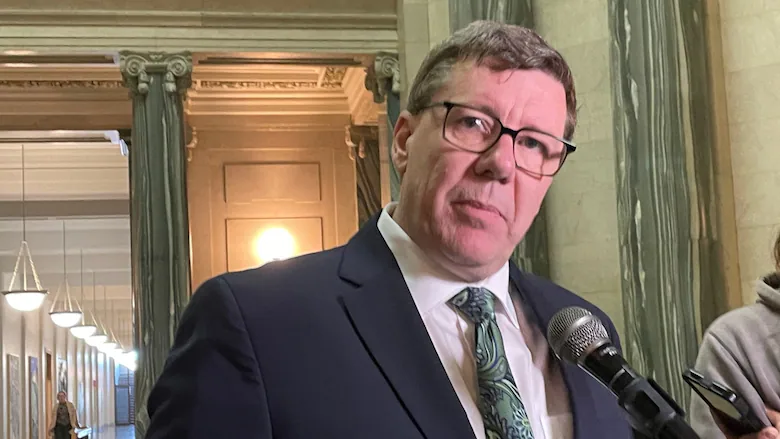Published: April 8, 2025
In a time when regional discontent continues to simmer in parts of Western Canada, Saskatchewan Premier Scott Moe has taken a firm stand in support of national unity. Amid growing concerns over Western alienation and whispers of separatist sentiment, Moe reaffirmed that Saskatchewan remains committed to a united Canada—but not without issuing a stern warning about the consequences of continued harmful federal policies.
Western Alienation Resurfaces
The discussion around Western alienation was reignited recently after an op-ed by Reform Party founder Preston Manning suggested that Ottawa’s disregard for Western priorities could further deepen separatist feelings. The piece struck a chord in provinces like Saskatchewan and Alberta, where frustration over federal decisions—particularly around energy, environment, and taxation—has been building for years.
Responding to these concerns, Premier Moe acknowledged that many residents in Saskatchewan feel marginalized by the federal government.
“There’s a growing number of people in this province that feel alienated and not respected as equal partners in this federation,” Moe stated. “That must change.”
A Clear Message: No to Separation
While acknowledging the discontent, Premier Moe was quick to distance his government from any separatist aspirations. During a press conference, he emphasized:
“We are proud Canadians. We believe in a strong, united Canada. But we also believe that a united country must respect all its parts.”
This message serves as a direct rebuttal to voices advocating for separation as a solution to federal-provincial friction. Moe believes that engagement—not exit—is the path forward.
A Warning to Ottawa
Despite reaffirming his commitment to Canada, Moe didn’t shy away from sending a strong message to the federal government. He warned that if Ottawa continues to ignore Western concerns, particularly in economic and energy policies, the consequences could be far-reaching.
“If the federal government continues to impose policies that are harmful to our province and ignore the voice of Western Canadians, they should expect growing frustration—and they’ll have to answer for it,” Moe cautioned.
This balancing act—expressing both loyalty to the country and defiance toward federal overreach—is becoming a common stance among Western premiers as they attempt to channel regional dissatisfaction without fanning separatist flames.
Political Reactions and Public Sentiment
Opposition Leader Carla Beck challenged Moe to condemn those stirring up separatist sentiments. However, Moe avoided directly criticizing such individuals and instead focused on the broader policy issues that fuel these conversations.
Polls reflect the tension: while a minority of people in Saskatchewan and Alberta say they would vote to leave Canada under a Liberal federal government, the majority still favor remaining in the federation. Yet, the fact that such sentiments are gaining any traction at all is a sign that Ottawa must take seriously.
Conclusion
Premier Scott Moe’s message is clear: Saskatchewan stands with Canada, but not at the expense of its voice being ignored. As the federal government continues to push policies that many in the West see as out of touch, the challenge now lies in restoring faith in the federation through fairness, respect, and genuine dialogue.
Canada remains one country—but to keep it that way, it must be a country for all.
Stay tuned for more updates on Canadian politics and regional dynamics.

